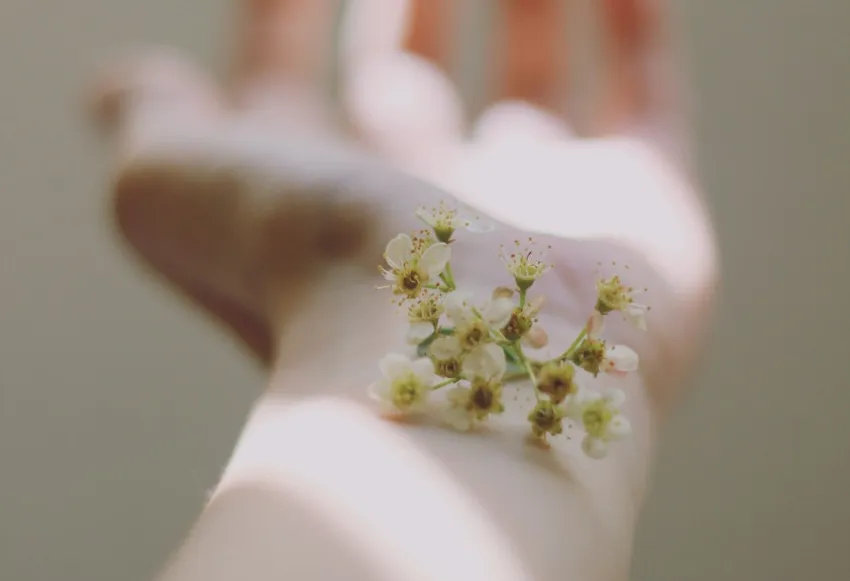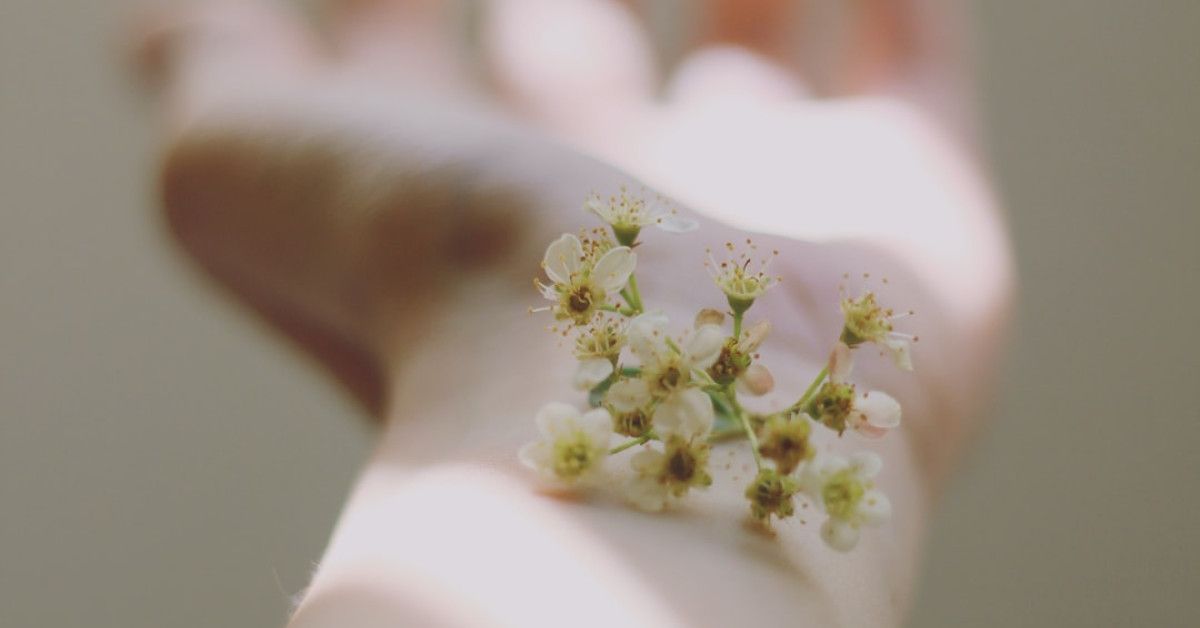Healthy and radiant skin is something we all desire, and while there are various skincare products available in the market, the key to achieving beautiful skin often lies in what we consume. Tea, a popular beverage enjoyed by many, not only offers delicious flavors but also boasts numerous health benefits, including benefits for the skin. In this article, we will explore the best teas for skin health and how they can help improve the overall appearance and condition of your skin.
Introduction
Tea has been consumed for centuries and is known for its various health benefits. It is packed with antioxidants, which can help protect the skin from damage caused by free radicals. Additionally, different types of teas offer unique properties that can address specific skin concerns.
In this article, we will delve into the world of tea and uncover the 12 best teas for beautiful skin. Whether you are looking to combat acne, reduce inflammation, or achieve a youthful glow, there is a tea for you. So, let's get started and discover the power of tea in promoting healthy and radiant skin.
Green Tea
Green tea is often hailed as a superfood due to its high concentration of antioxidants called catechins. These antioxidants have been shown to have anti-inflammatory and anti-aging effects on the skin. Green tea also contains Epigallocatechin Gallate (EGCG), a type of catechin that has been studied for its potential to reduce sebum production, making it beneficial for those with oily and acne-prone skin.
In addition to its antioxidant properties, green tea also contains caffeine, which can help to tighten the skin and reduce puffiness. It is also a great source of Vitamin B2 and Vitamin E, both of which contribute to healthy skin.
Chamomile Tea
Chamomile tea has been used for centuries for its calming properties and is well-known for promoting relaxation and reducing stress. But did you know that it also has benefits for the skin?
Chamomile tea contains antioxidants that can help protect the skin from damage caused by free radicals. It also has anti-inflammatory properties, making it a potential remedy for various skin conditions, such as eczema and rosacea. Additionally, chamomile tea can soothe irritated skin and promote a healthy complexion.
Rooibos Tea
Native to South Africa, rooibos tea is a flavorful and caffeine-free alternative to traditional teas. It contains a variety of antioxidants, such as aspalathin and nothofagin, which can help fight oxidative stress and promote skin health.
Rooibos tea is known for its anti-inflammatory properties and can help soothe skin conditions like acne and eczema. It is also rich in alpha hydroxy acid (AHAs) which can gently exfoliate the skin, revealing a smoother and brighter complexion.
White Tea
White tea is the least processed tea variety, making it a rich source of antioxidants. It is known for its anti-aging properties and ability to protect the skin from damage caused by UV radiation.
White tea also contains catechins, which have been found to have antimicrobial properties. This makes it beneficial for those with acne-prone skin, as it can help fight acne-causing bacteria. Additionally, white tea can promote collagen production, improve skin elasticity, and reduce the appearance of fine lines and wrinkles.
Oolong Tea
Oolong tea is a traditional Chinese tea that falls between green tea and black tea in terms of oxidation. It contains a wide range of antioxidants that offer numerous benefits for the skin.
One of the key antioxidants found in oolong tea is polyphenols. These compounds have been shown to have anti-inflammatory and anticancer properties. Oolong tea also contains a small amount of caffeine, which can help stimulate blood circulation and give the skin a healthy glow.
Hibiscus Tea
Hibiscus tea is made from the calyces of the hibiscus flower and is known for its vibrant color and tangy flavor. It is packed with antioxidants, including anthocyanins, which give the tea its deep red hue.
The antioxidants in hibiscus tea help protect the skin from free radical damage and promote a youthful complexion. It also contains alpha hydroxy acids (AHAs), which can help exfoliate the skin and improve overall texture. Regular consumption of hibiscus tea may help reduce the appearance of age spots and hyperpigmentation.
Peppermint Tea
Peppermint tea is not only refreshing but also offers benefits for the skin. It contains menthol, which has cooling and soothing properties, making it ideal for calming irritated and inflamed skin. Peppermint tea also has antimicrobial properties, which can help combat acne-causing bacteria.
Additionally, the menthol in peppermint tea can help improve blood circulation, providing the skin with essential nutrients and promoting a healthy complexion. Its calming and relaxing properties may also help reduce stress, which is beneficial for overall skin health.
Ginger Tea
Ginger tea is a warm and spicy beverage that offers numerous health benefits. It contains antioxidants that can help protect the skin from oxidative stress and premature aging. Ginger tea also has anti-inflammatory properties, making it useful for soothing inflamed skin.
Regular consumption of ginger tea may help improve blood circulation, which can promote a healthy complexion. It can also help detoxify the body and flush out toxins, which can contribute to clearer and more radiant skin.
Matcha Tea
Matcha tea has gained popularity in recent years and is known for its vibrant green color and high concentration of antioxidants. It is a powdered form of green tea and is consumed by whisking the powder with hot water.
Matcha tea contains a specific type of catechin called epigallocatechin gallate (EGCG), which has been shown to have potent anti-inflammatory and antioxidant properties. Additionally, matcha tea is rich in chlorophyll, which can help detoxify the skin and promote a healthy glow.
Lavender Tea
Lavender tea is made from the dried flowers of the lavender plant and is known for its calming and soothing properties. It has been used for centuries to promote relaxation and reduce stress, both of which can have a positive impact on the skin.
Drinking lavender tea can help reduce inflammation in the body, which may benefit those with inflammatory skin conditions like acne and eczema. Additionally, lavender tea contains antioxidants that can help protect the skin from damage caused by free radicals.
Lemon Balm Tea
Lemon balm tea is derived from the leaves of the lemon balm plant and has a refreshing citrusy flavor. It is rich in antioxidants, such as rosmarinic acid, which can help protect the skin from damage.
Regular consumption of lemon balm tea may help reduce oxidative stress and inflammation in the body, which can have positive effects on the skin. It is also known for its calming properties, which can help reduce stress and promote a healthy complexion.
Rosehip Tea
Rosehip tea is made from the fruit of the wild rose plant and is rich in antioxidants, vitamins, and minerals. It contains a high concentration of Vitamin C, which is essential for collagen production and maintaining healthy skin.
The antioxidants in rosehip tea can help protect the skin from damage caused by free radicals, while the Vitamin C can promote a brighter and more even complexion. Rosehip tea also contains essential fatty acids, which can help nourish the skin and improve overall hydration.
Conclusion
Incorporating tea into your daily routine can offer numerous benefits for the skin. From green tea with its powerful antioxidants to chamomile tea with its soothing properties, there is a tea for every skin concern.
Remember, while drinking tea can provide some skin benefits, it is important to maintain a comprehensive skincare routine that includes cleansing, moisturizing, and sun protection. Additionally, everyone's skin is unique, so it's essential to listen to your skin and consult with a dermatologist if you have any specific concerns.
So why not brew a cup of your favorite tea today and enjoy not only its delicious taste but also the positive impact it can have on your skin? Cheers to healthy and radiant skin with the power of tea!

